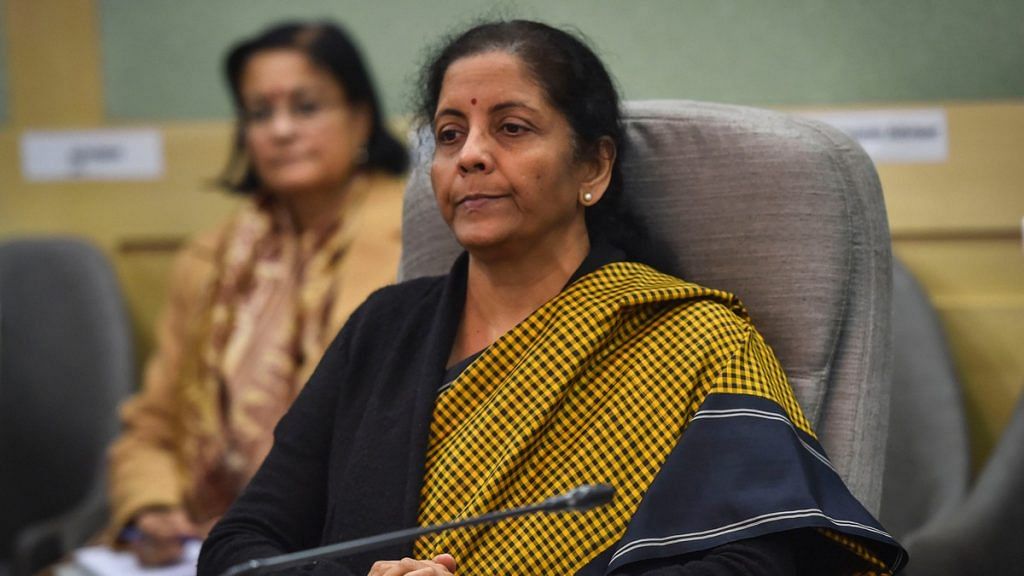Corporate leaders breathe sigh of relief as Sitharaman skips meet
Finance Minister Nirmala Sitharaman’s absence during Prime Minister Narendra Modi’s interaction with economists and corporate leaders at the Niti Aayog last week was widely noted. Many insiders say one benefit of this was the relative freedom with which many participants spoke. In the series of meetings she has had with the captains of Indian industry, most have returned with crushed toes and egos instead of reassurance. A big real estate tycoon and an infrastructure giant got a public ticking off in the group, as did some others.
In her absence, some people took the PM’s exhortation to speak without fear seriously. One FMCG leader said demonetisation had wrecked his market so badly that people in the lower-income bands who shampooed their hair once a week were now shampooing once in a month. The toughest criticism, however, came from the editor of a financial daily, possibly the only journalist present. Significant point: for years he has been a strident supporter of the BJP and Modi, and a critic of the Congress and the Gandhis.
Congress leaders are quite excited — about Rajya Sabha polls
There is a lot of excitement in the Congress nowadays, with senior leaders becoming proactive at party functions and meetings. One of them explained that “the entire party” is suddenly abuzz for only one reason — Rajya Sabha elections.
Many Rajya Sabha seats are falling vacant in April and June this year due to retirement of members. Congress leaders have their eyes set on six states where they see their chance. Seven seats are falling vacant from Maharashtra, four each from Gujarat and Karnataka, three from Madhya Pradesh, and two each from Jharkhand and Chhattisgarh. Of these 22 seats, the Congress hopes to win at least nine, given its strength in assemblies in these states. The claimants for these seats, however, are too many.
London School of Economics to study Bihar voters ahead of polls
Ahead of Bihar assembly polls, the London School of Economics (LSE) is funding a study in the state to determine what voters want from women candidates, and whether caste violence can affect the electoral chances of women. The study will be carried out by researchers from the University of Essex in the UK and Georgia State University in US among 2,500 voters in four districts of Bihar — Madhubani, Gaya, Katihar and Munger.
The LSE team is investigating how the intersection of caste and gender affects poll outcomes. They anticipate that places that have experienced widespread caste violence in the past will favour male candidates. This is because traditionally men are seen as more capable of curbing violence. The study will also delve into how caste and political connections affect a woman’s chances in the polls, and whether women themselves vote for women candidates. The survey will start later this month.
